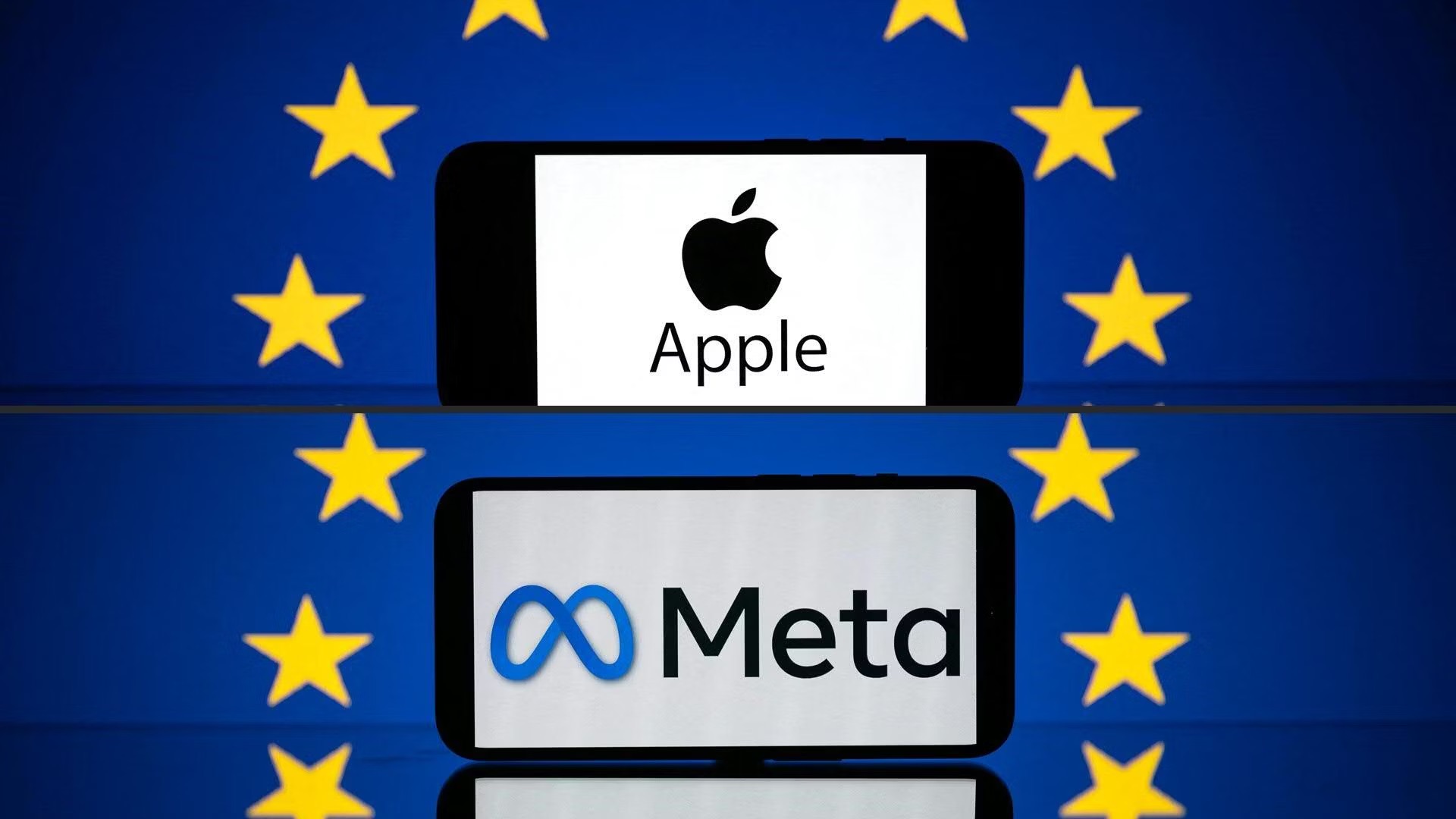
Over the last few years, the European Union has slapped tech giants like Apple and Meta with multibillion-dollar fines. They’ve received fines totaling €700 million for breaching antitrust rules. Additionally, the EU has fined Apple €500 million for its App Store policies. On top of that, Meta has already been hit with a €200 million fine for inadequate handling of user data. Respectively, Apple and Amazon have voiced their strong indignation at such rulings, claiming that the EU is specifically singling out highly successful American companies.
The decisions come amidst a fierce national conversation over how to regulate the country’s largest technology companies. It’s little wonder then that US officials, up to and including former President Donald Trump, are berating European officials for their (alleged) overreach. Trump recently accused the EU of “taking advantage” of America, highlighting the growing tensions surrounding international trade and technology regulation. In a related development, the US has implemented a 10% tariff on EU imports. This action underscores the tense and fraaying relations between the two regions over these issues.
EU’s Defense of its Actions
In light of these developments, Commissioner Henna Virkkunen made a very solid defense of the EU’s actions. She spoke about the need to protect citizen rights while enabling Europe’s innovative startups. She stated, “We have a duty to protect the rights of citizens and innovative businesses in Europe.” This announcement further reiterates the EU’s tough intent to enforce competition rules while maintaining a level playing field in the market.
Apple was apparently caught totally flatfooted by the fine. They announced that they’re “unfairly targeted” and attacked the EU for requiring them to “give their technology away for free.” The company claims that the court’s ruling threatens its business model and reduces its competitive advantage in the market.
Reacting to the ruling, Meta echoed these alarmist sentiments, warning that this is “not just about a fine.” The company makes an aggressive claim that the Commission’s requirements impose a “multi-billion-dollar tariff” on it doing business. It necessitates that the company provide a worse product for its customers. Meta’s frustrations are part of a bigger concern shared by many tech companies about what strict regulations mean.
Commissioner Teresa Ribera stated that both Apple and Meta have fallen short of compliance with the Digital Markets Act (DMA). Most importantly, she noted that their practices increased users’ vulnerability and reliance on their services. She maintained that the steep fines were essential to prod corporate actors to respect their obligations to follow regulatory requirements.
The ruling’s met with enthusiasm from other industry players, too. Epic Games, the maker of the hugely popular video game Fortnite, applauded the EU’s ruling against Apple. The company has long railed against Apple’s App Store policies. It is further embroiled in its own legal battles as it faces a cavalcade of antitrust issues.
Apple and Meta’s Next Steps
Apple and Meta are already planning for the hit from the fines. These companies now have 60 days to get in line with the EU’s orders, or else they can expect to be hit with even harsher penalties. The story is developing. Governments across the globe are tightening the vise on large technology firms, becoming more aggressive in their oversight of these companies. The US government is investigating several tech giants for alleged monopoly power, further complicating the landscape for companies like Apple and Meta.
Prof. Anne Witt commented on the ongoing dispute, stating that it revolves “not so much about substantive antitrust principles,” illustrating a potential disconnect between regulatory intentions and corporate strategies. This illustrates the challenges that emerge when trying to strike a balance between fostering innovation and pursuing meaningful regulation in an ever-more digital economy.
Author’s Opinion
The ongoing battle between the EU and U.S. tech giants like Apple and Meta reveals the deep tension between fostering innovation and regulating the practices of powerful corporations. While the EU’s fines may be justified by antitrust principles, the pushback from these companies underscores the challenges of balancing fair competition with business interests. As global scrutiny intensifies, it’s clear that finding a middle ground between regulatory oversight and industry freedom will be crucial for the future of the tech market.
Featured image credit: Heute
Follow us for more breaking news on DMR
